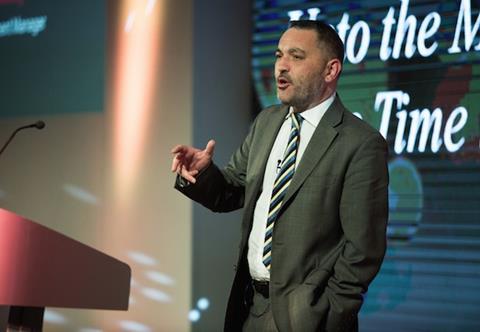
EXCLUSIVE: More than half (58%) of baby boomer respondents who are in a workplace pension scheme have never increased their workplace pension contributions, according to research by Chase de Vere.
Its survey of 500 private sector employees aged between 51 and 70 also found that more than a third (36%) of respondents have not worked out how much income they need to live comfortably in retirement.
The research also found:
- 22% of respondents have a clear idea of how much income they will need in retirement to live comfortably, and 42% have a rough idea.
- 34% of respondents are concerned that they will not have enough income to live on in retirement, taking into account all sources of income and savings, and 46% of respondents believe they will only have enough to live adequately.
- 20% of respondents think they will have enough income in retirement to live comfortably.
- 39% of respondents want to retire when they are aged between 61 and 65 years old, 29% when they are 66-70 years old, and 8% when they are over 70.
- 32% of respondents expect to retire when they are 61-65 years old, 45% of respondents expect to retire when they are aged between 66 and 70, and 13% expect to retire when they are over 70.
- 72% of respondents or their employer are currently paying into a workplace pension scheme.
- 63% of respondents who are in a workplace pension scheme have not made any changes to the funds in which their pension savings are invested.
Sean McSweeney (pictured), corporate advice manager at Chase de Vere, said: “We are facing a retirement time bomb with people living for longer and not saving enough for their own futures.
“Our research paints a consistent picture of baby boomers not being able to retire when they want, not feeling confident about their retirement prospects and not being engaged with their pension arrangements. With many baby boomers being forced to work into later life, employers potentially face having an ageing workforce which can impact on both productivity and capability. A further concern is succession planning, which could be thrown into chaos, with the possible leeching of key talent to employers who have less of an issue.
“This isn’t a problem for tomorrow; it is a problem for now. Employers need to act to drive engagement and, therefore, return on investment for their pension and benefits spend. Unless this is tackled, many employers are likely to face productivity and succession planning issues for many years to come.”











